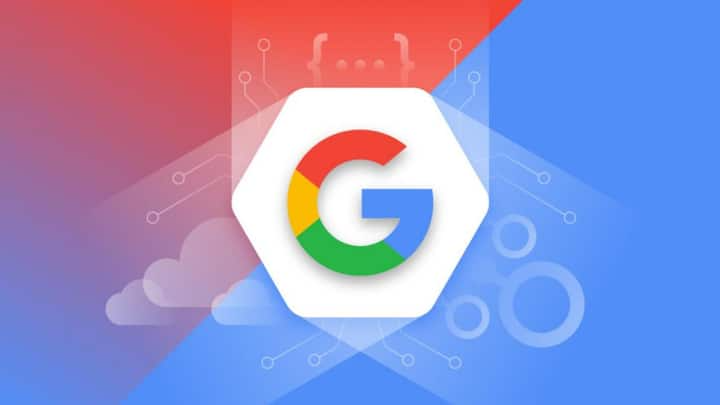Google’s Senior VP Discusses the Coexistence of AI Chatbots and Search Engines
In a recent interview with Mint, Prabhakar Raghavan, Google’s Senior Vice-President, shared his thoughts on whether AI will replace search engines. Raghavan emphasized that AI chatbots and traditional search engines will not replace each other but will instead coexist in the evolving landscape of search technology.
Will AI Replace Search Engines? A Look at Future Trends
Raghavan highlighted a significant trend: the increase in user queries is outpacing the growth of internet users. He suggested that the future of search will involve a more dynamic and integrated approach, blending AI chatbots and traditional search engines. According to Raghavan, large language model (LLM)-powered chatbots can enhance user experiences by providing real-time, categorized responses to queries like “seafood restaurants” or “romantic spots.” However, he also noted that while these AI-driven interactions can be engaging, they might sometimes sacrifice factual accuracy. This challenge underscores the need to balance engaging AI responses with maintaining accurate information.
Also Read: Android 15 Release Date: What to Expect and When It Will Hit Your Smartphone
AI Chatbots and Search Engines: The Impact on Advertising Revenue
Raghavan also addressed the impact of AI on advertising revenue, particularly regarding whether AI will replace search engines in this realm. He expressed confidence that AI-driven ad personalization will continue to support and potentially boost Google’s advertising income. Raghavan explained that AI can improve the relevance of ads by aligning them more closely with user queries, transforming the advertising experience into a more personalized one. He also suggested that subscription models could complement traditional advertising, aligning with Google’s mission to provide universal access to information while sustaining robust revenue streams.
India’s Role in the Intersection of AI and Search Engines
Raghavan acknowledged India’s significant role in the development of technology and AI, highlighting the country’s contributions to both fields. He attributed India’s impact to its strong educational system and large talent pool. Raghavan noted that Google’s presence in India allows the company to better understand local needs and gain valuable market insights, which enhances its global leadership. This presence underscores how India contributes to the broader conversation about whether AI will replace search engines and the role it plays in the future of technology.
SEO and the Question: Will AI Replace Search Engines?
In discussing SEO, Raghavan defended its ongoing importance even in the context of whether AI will replace search engines. He stated that while AI could improve content quality, Google remains vigilant against content created solely to manipulate search engine rankings and mislead users. Raghavan emphasized that if SEO helps users find relevant information, it remains a valuable practice and is not inherently at odds with the question of whether AI will replace search engines.
Regulatory Challenges and Market Dominance: Will AI Replace Search Engines?
Raghavan also addressed the regulatory scrutiny Google faces regarding its dominance in digital advertising, touching on the broader question of whether AI will replace search engines. He acknowledged the ongoing challenges and assured that Google is navigating these issues carefully to ensure a balanced approach that respects all stakeholders. Raghavan noted that traditional AI and Generative AI (GenAI) are evolving towards a more unified and multimodal user experience, which could impact how users interact with both AI chatbots and search engines.
In summary, Prabhakar Raghavan’s insights suggest that the question of whether AI will replace search engines is not a matter of one technology replacing the other. Instead, AI chatbots and traditional search engines are set to coexist, each playing a unique role in shaping the future of information access and user interaction.
Source: News Byte

